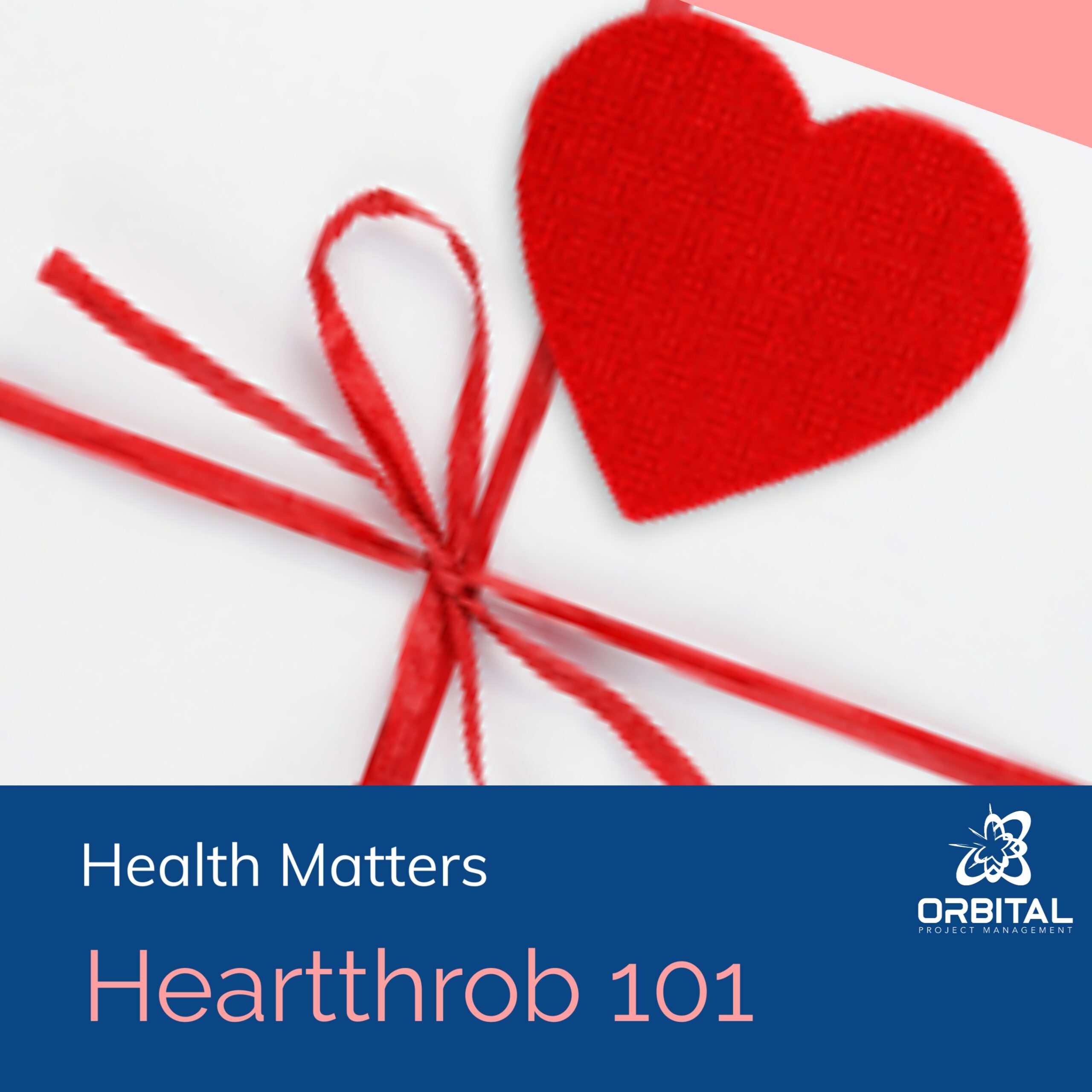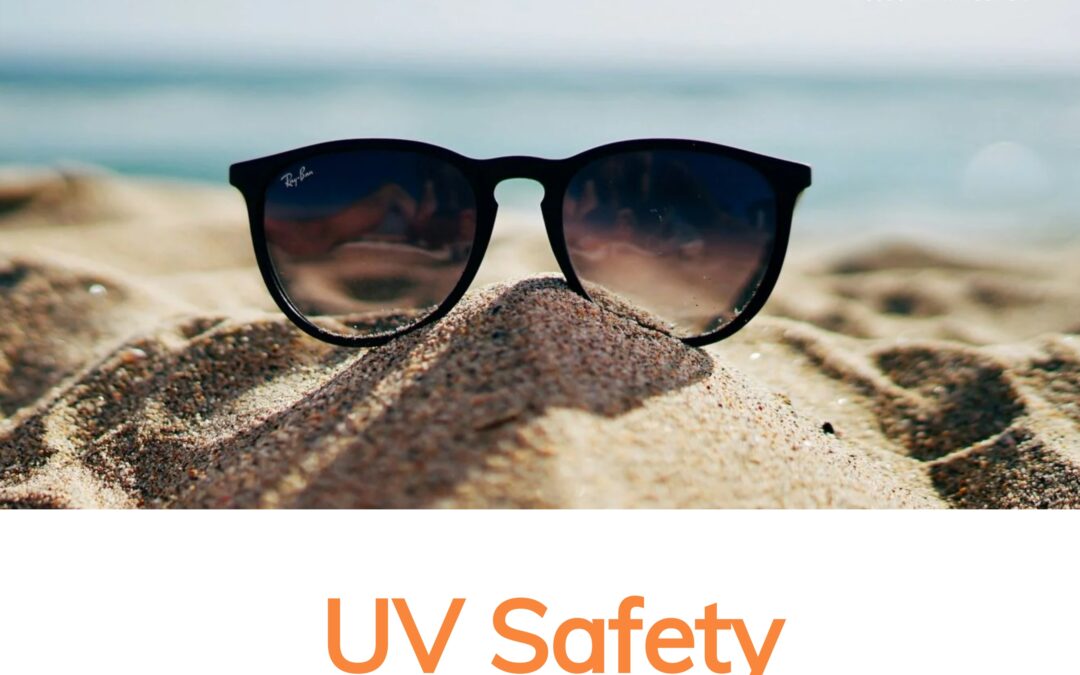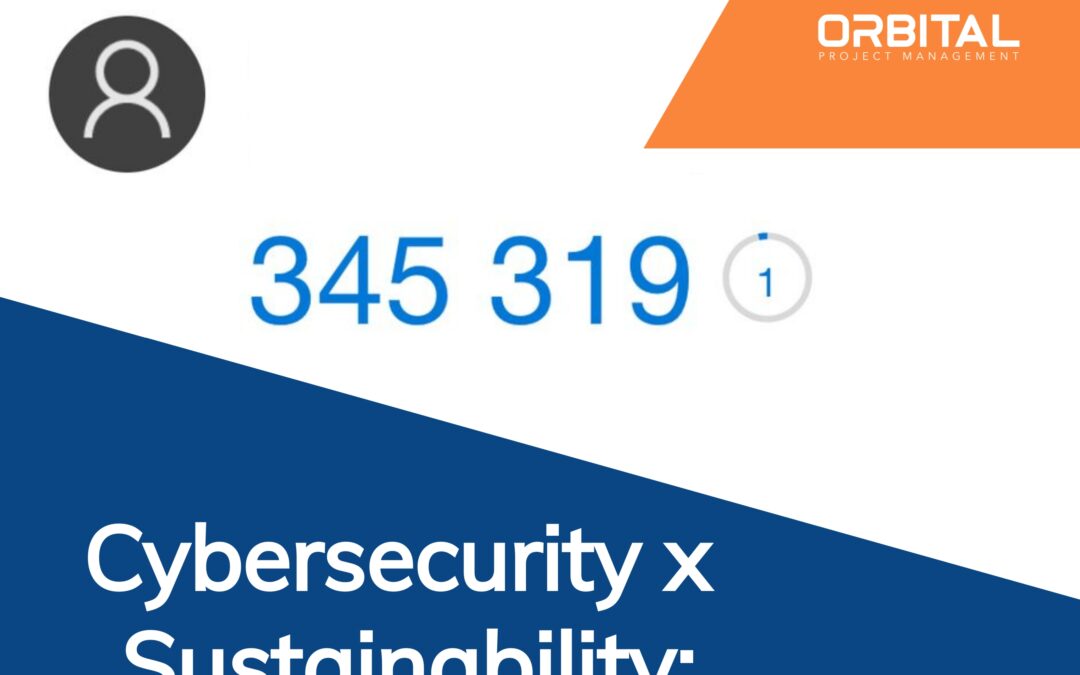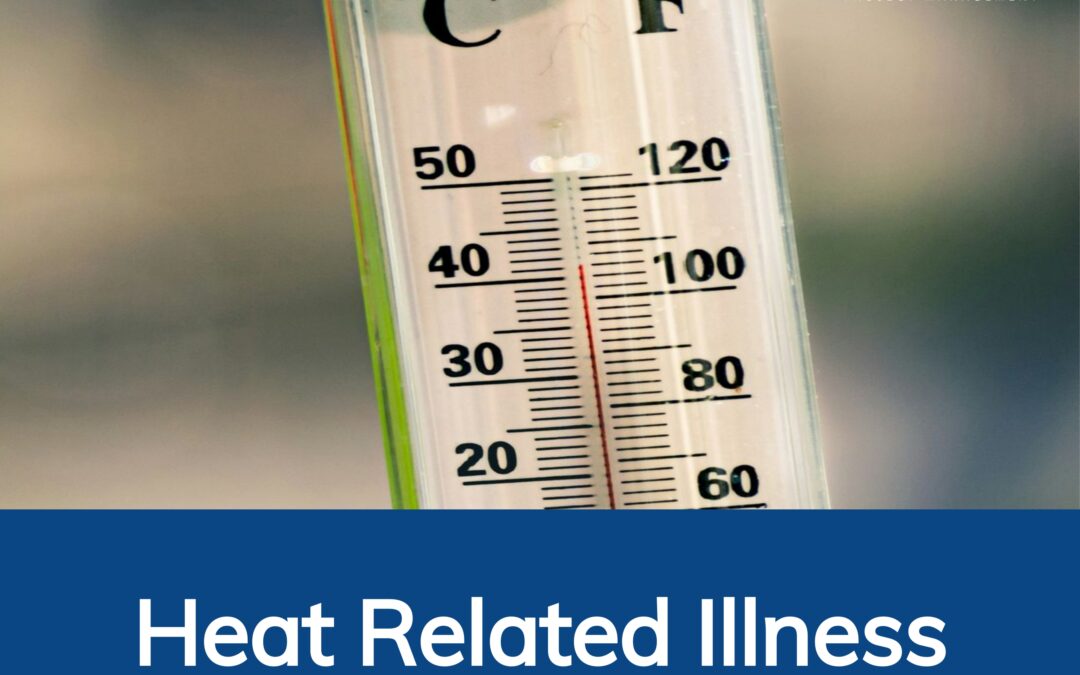This Valentine’s Day, forget the chocolate and flowers…
Get straight to the heart of things with a blood pressure screening.
The good news: The human body has a vast network of feedback loops and compensatory mechanisms that allows you to function normally, even when things aren’t going well.
The bad news: The better your body copes with adverse conditions, the less likely you are to know when you’re wreaking havoc on your heart.
(More good news: For most of us, it isn’t too late to turn things around.)
Five Steps to Get Started
Even if you’re an athlete in great shape, Steps 1 and 2 are a good idea. Establishing a healthy baseline will let you know if things start to shift down the road. And if you’re one of those rare cases who can suffer a major cardiac event with zero risk factors, knowing what to look for in the event of an emergency can get you on track for help as soon as possible.
Step 1: Get screened
Whether you book a visit to your doctor or purchase a home blood pressure cuff, find out what your BP runs. If it’s always on the high side at medical visits, but gets explained away as “White Coat Syndrome,” you may want to invest in a home cuff and take it several times during the day to see where it falls. If it is routinely greater than 120/80, it may be time to do something.
Some options for free blood pressure screenings in the U.S. are Walgreen’s pharmacies and most fire stations. Especially in February (American Heart Month), free heart health screening clinics pop up. A quick google search can show if any will be near you. A word of caution: Automated free-standing blood pressure machines that have a one-size-fits-all approach to the cuff may deliver inaccurate results. Having a trained professional perform a manual check is best, but getting the right size cuff on an automated machine is a good place to start.
Step 2: Know the signs
Understanding when to seek urgent or emergent cardiac care can save a life and prevent extensive damage to the heart. Signs and symptoms may differ wildly between men and women, or any two individuals. When in doubt, call 911 or get a professional evaluation as soon as possible if you experience:
- Chest pain (pressure, tightness, squeezing)
- Pain radiating to the shoulder, arm, back, neck, jaw, or upper abdomen
- Shortness of breath
- Sweating
- Fatigue
- Feelings of heartburn or indigestion
- Lightheadedness, dizziness, or nausea
Step 3: Follow up with your medical provider
If your pressures are regularly running high, it may be time to take an antihypertensive medication. If you have side effects from a med, let your provider know. There are many classes of blood pressure meds that function in different ways to reduce blood pressure. If a medication isn’t working or causes issues, try one with an alternate mechanism of action. Even mild untreated hypertension can result in cardiac changes that may lead to diseases like congestive heart failure.
Step 4: Keep track of results
So many factors can affect blood pressure. (Remember those feedback loops and compensatory mechanisms?) From stress to weight gain or loss, your blood pressure may trend in a way that random measurements don’t capture. Making a regular habit of checking (and recording) your blood pressure 2-4 times a day will provide a much more complete picture of how you’re really doing.
Step 5: Make adjustments as needed
What works and what is needed to maintain healthy blood pressure levels will change over time. Having the data from Step 4 is valuable when you communicate with your provider about needing a change in dosage, a different med, or being able to discontinue treatment for hypertension that has resolved. (Congratulations, if this final category includes you!)
Dental Care for Heart Health
Did you know that periodontal disease can lead to cardiac damage? That’s right, the bacteria in your mouth can negatively impact your heart. Ensure regular dental check-ups and thorough treatment for any oral infections for yourself and your loved ones. Research has shown that people who have issues with heart valves (and especially those who have replacement valves) are at greater risk for cardiac injury from oral bacteria entering the bloodstream.
The Big Three
Yeah, I’m from Metro Detroit…but we’re not talking auto makers. Diet, exercise, and abstaining from smoking or recreational drugs that may damage the heart or lungs can go a long way in improving cardiovascular function. If you’re not sure where to start, request a dietary consult. Start slowly when it comes to exercise if you’ve been sedentary for a while. Even a brisk 20-minute daily walk is a step in the right direction (you’re welcome, pun lovers). Counseling, medications, and hypnosis have been shown to help curb smoking habits. While nicotine patches and gum can improve lung function by reducing smoke or vapor exposure, they still have a negative impact on the circulatory system. Aim for complete stopping of all nicotine-containing products.
Tipping Points
I’ll never forget my ICU patient, a sweet woman in her early 70s who was absolutely shocked at her diagnosis. She had been told by her doctor over the years that her blood pressure was a little high, she was a little bit overweight, and the years she spent smoking before the risks were well-known weren’t working in her favor. But she felt FINE, she argued. Totally fine. Until she didn’t. And by the time she landed in the ICU with severe (and no longer silent) left ventricular hypertrophy that led to pulmonary hypertension, it was too late to undo the damage. It was heartbreaking to see her grapple with the regret of not taking action sooner. Beware of tipping points. If your body is really good at those compensatory mechanisms, you might not see them coming.
Be a Heartthrob
Learn CPR. See if your employer has a program or would be interested in having a trainer come to the office for a short course. Or get out there and get certified on your own. A quick search at the American Red Cross or the American Heart Association websites reveals when and where classes are offered in your area. Updated outcomes have shown that chest compressions alone may save a life, so don’t worry about the mouth-to-mouth breathing, if that’s what’s holding you back. It may be a loved one’s life you save.
Sharing the Love
We’re committed to improving safety and sustainability in our work projects and our communities. That’s why we share the love every month with our newsletter subscribers. Sign up below to get The Nucleus delivered right to your inbox.
Like a love letter.
But less mushy.
XO






